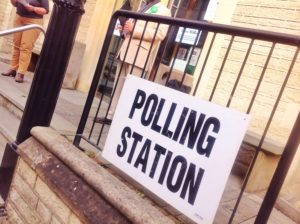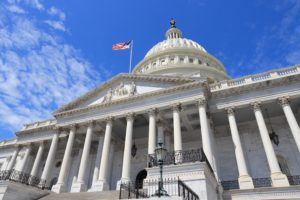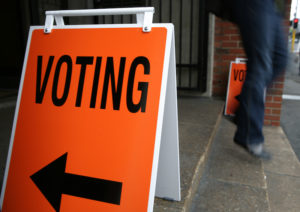Limitations of Federal Gun Regulation
Existing and proposed federal regulations on gun dealers are inadequate.
Disinformation and the Threat to Democracy
Scholars argue for strengthening regulations of online political advertising.
Effective Gun Regulation Can Be Compatible with Gun Rights
Lobbying and appropriations limits undermine the enforcement of gun regulations.
Warren’s Bill Presents Progressive Vision for Rulemaking Reform
Recent bill would boost public participation and reduce capture in the regulatory process.
How State and Federal Food Regulations Can—and Should—Work Together
Experts argue that gaps in federal food safety rules require state governments to step up.
It’s Time to Modernize Election Laws
Scholar argues that federal campaign laws need to be updated to reflect both legal and social changes.
Electronic Case Management Can Improve Adjudication
Agencies can benefit from using digital technology to manage case files.
Severability in Agency Rulemaking
Agencies should include severability clauses in rules to minimize legal uncertainty.
Improving the Efficiency of the Paperwork Reduction Act
ACUS collaborated with agency officials to identify inefficiencies in the PRA approval process.
Getting Agencies Back Into the Game
Regulatory reform should reduce rulemaking burdens to promote effective agency action.
General Rules for Agency Adjudications?
Model Adjudication Rules provide agencies with a guide for improving their own procedures.












